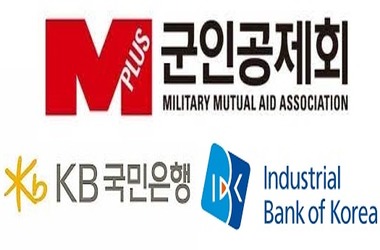
According to the news network White Paper, the banks – Kookmin Bank (KB) and IBK Industrial Bank – have reached an agreement that includes the Military Mutual Aid Association public pension fund, the Korea Financial Telecommunications and Clearing Institute (an inter-bank payment solution company), and Raon White Hat, a blockchain-powered distributed identity authentication (DID) facility provider.
Firstly, the platform will enable KB to provide interaction-free, remote connection to its KB Soldier Tomorrow Reserve Savings (exact interpretation) financial asset, which has been intended especially for active-duty troops since June 2022. The platform will leverage DID technology, which will enable troops to receive and utilize digital proof-of-identity certificates, which are necessary to obtain the offering.
Soldiers will be able to receive financial services and register irrespective of their location or COVID-19-related constraints, according to the bank, with accommodations developed for those working in divisions with limited smartphone use. South Korean law mandates that all physically normal men serve in the military for a minimum of 18 months, and the country maintains a sizable professional military.
The military will have a total strength of 3,750,000 people by 2020, with more than 0.5 million on active service. Several social organizations have expressed worry about conscripts’ means of access to financial offerings while serving.
Some people are outraged that conscript troops are not only barred from the labor market throughout their military duty, but that conscription-linked rules also reduce their earning ability. The government has reacted by expanding a subsidy program. And it seems that the latest KB product is designed to capitalize on this, with incentives like a 1% rebate on interest and a social counseling subsidy funded from the national budget — into tax-free checking accounts carrying interest rates as high as 5.5% percent per year.
Blockchain-based DID services are highly prevalent in South Korea, where professionals have earlier predicted a “competition” between the various enterprises vying to deploy a variety of contact-free, paperless, and plastic-free ID systems, including telecommunications powerhouses and hardware heavyweights.